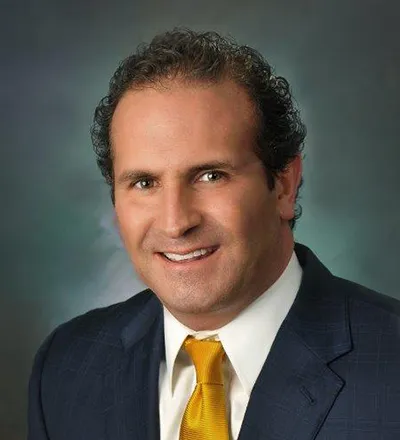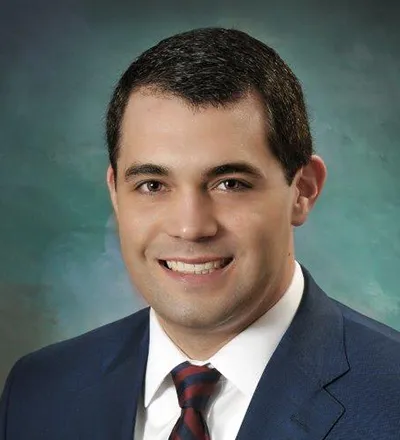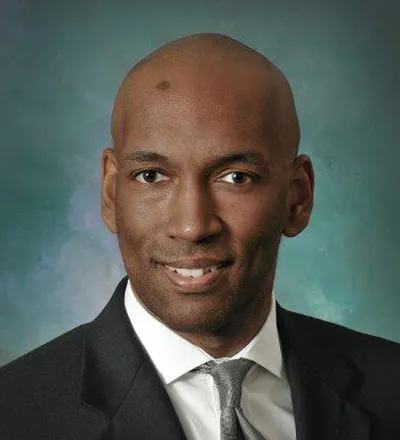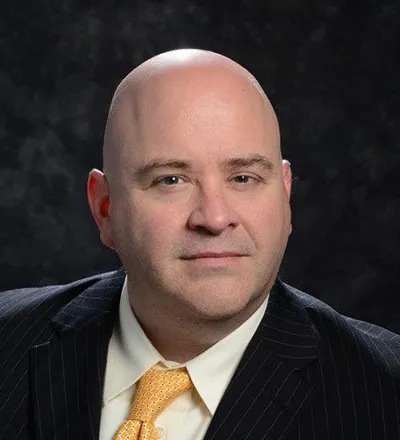- posted: Dec. 12, 2016
 Many construction agreements prevent contractors from seeking damages associated with unexpected delays in the project. Even when the contractors bear no responsibility for the setback, they can be forced to extend the job without any extra compensation. These “no damages for delay” clauses put pressure on contractors to finish in a timely fashion, but some states have questioned their fairness and the possibility that they encourage owners to hinder a project’s completion.
Many construction agreements prevent contractors from seeking damages associated with unexpected delays in the project. Even when the contractors bear no responsibility for the setback, they can be forced to extend the job without any extra compensation. These “no damages for delay” clauses put pressure on contractors to finish in a timely fashion, but some states have questioned their fairness and the possibility that they encourage owners to hinder a project’s completion.
West Virginia has not yet passed a law regarding the viability of these clauses, so they are still enforced in state courts, subject to common law exceptions such as:
- Delays that were not intended to be covered under the provision
- Problems that resulted from improper conduct by the party seeking to enforce the clause
- Delays that have lasted for such a long period of time that the party would be justified in abandoning their obligations under the contract
- In contracts that cover only specific types of delays, problems that are not specifically enumerated
Though the application of these clauses can seem harsh, most states will enforce them as West Virginia does. Some states do have laws prohibiting such language in public contracts. Generally, courts will look to the overall circumstances and the conduct of the parties. When the delay is something that could be reasonably anticipated when the contract was executed, the provision will likely be enforced absent some sort of intentional misbehavior by the owner. As even short delays can cause severe harm to contractors, it is best to get knowledgeable advice before agreeing to a deal with this sort of language.
Pullin, Fowler, Flanagan, Brown & Poe, PLLC represents insurers in a complete range of construction law matters throughout West Virginia and Ohio. To schedule a consultation, call 304-344-0100 or contact us online.

























































